Blog

All About Reading’s Pre-Reading Program
A review of All About Reading’s Pre-Reading program, a gentle early literacy program for pre-readers.

All About Spelling
A review of All About Spelling, a tried-and-true, evidence-based spelling curriculum for students of all ages.

Silver Moon Spelling
A review of Silver Moon Spelling, an open-and-go, no-frills spelling curriculum for students of all ages.
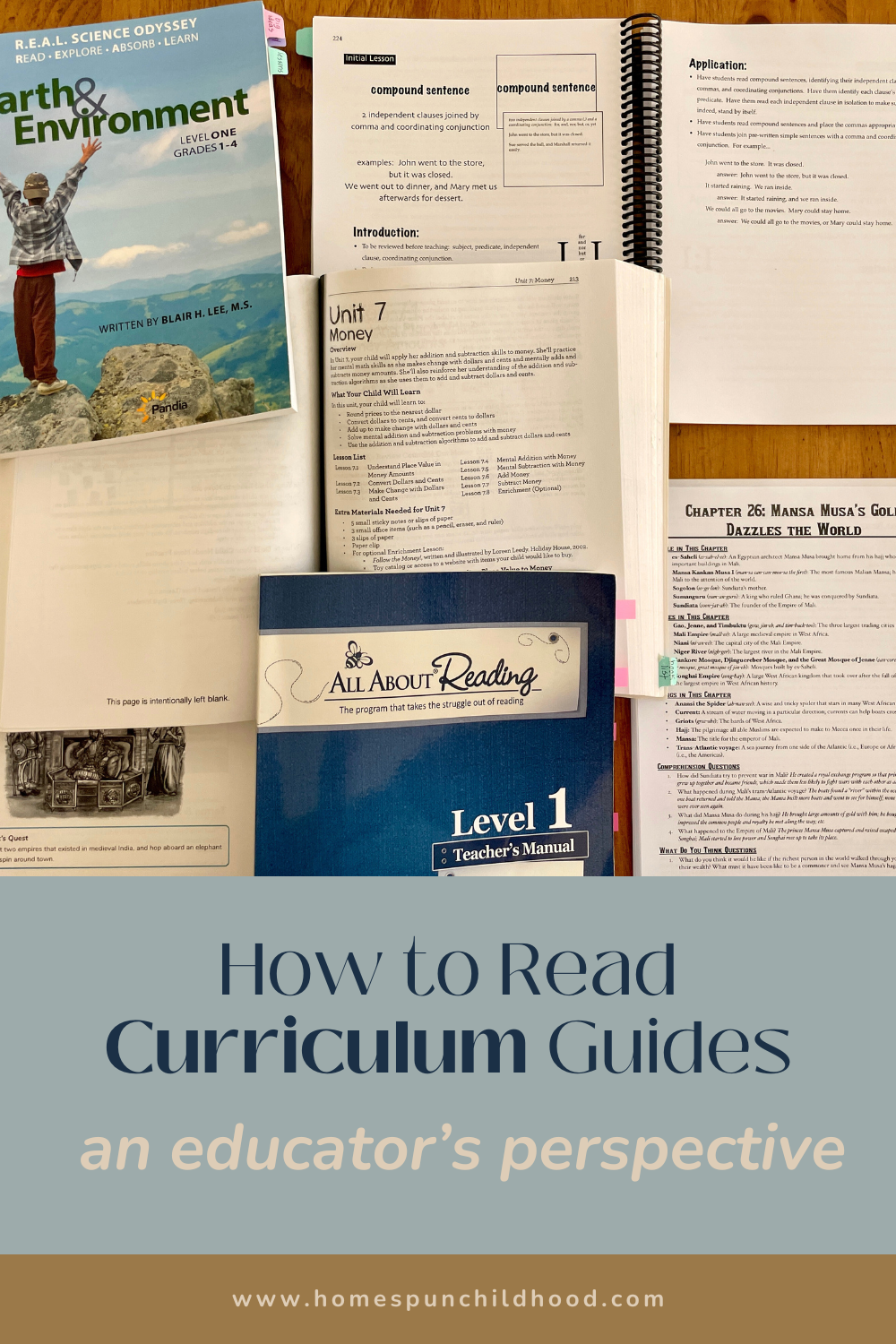
How to Read Curriculum Guides: An Educator’s Perspective
Choosing a homeschool curriculum? Learn what really matters—teacher guidance, student output, and long-term scope.
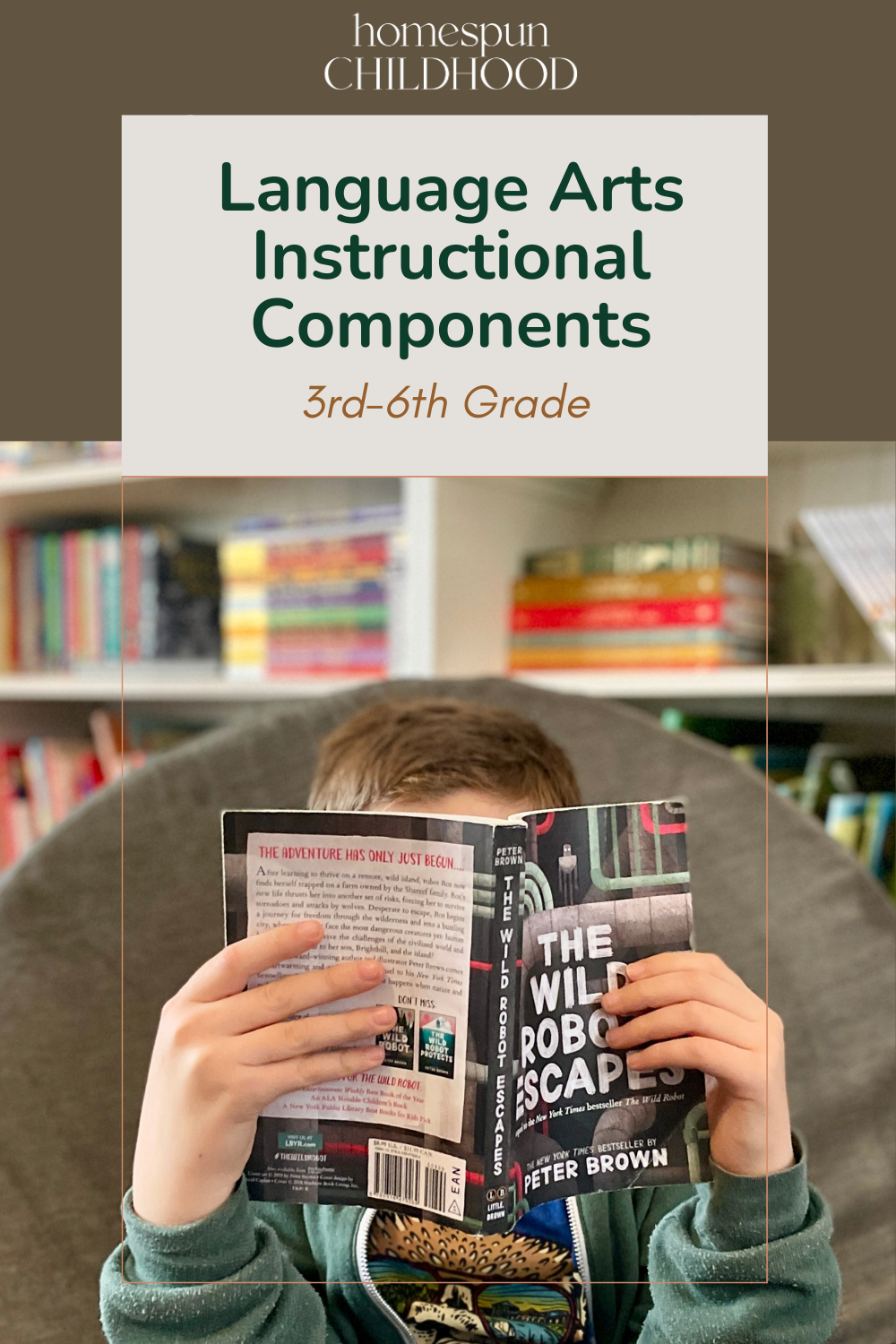
Language Arts Instructional Components for Grades 3-6
Once students complete a foundational reading program, it can feel overwhelming to know what language arts skills to teach next. Let me break it down for you!
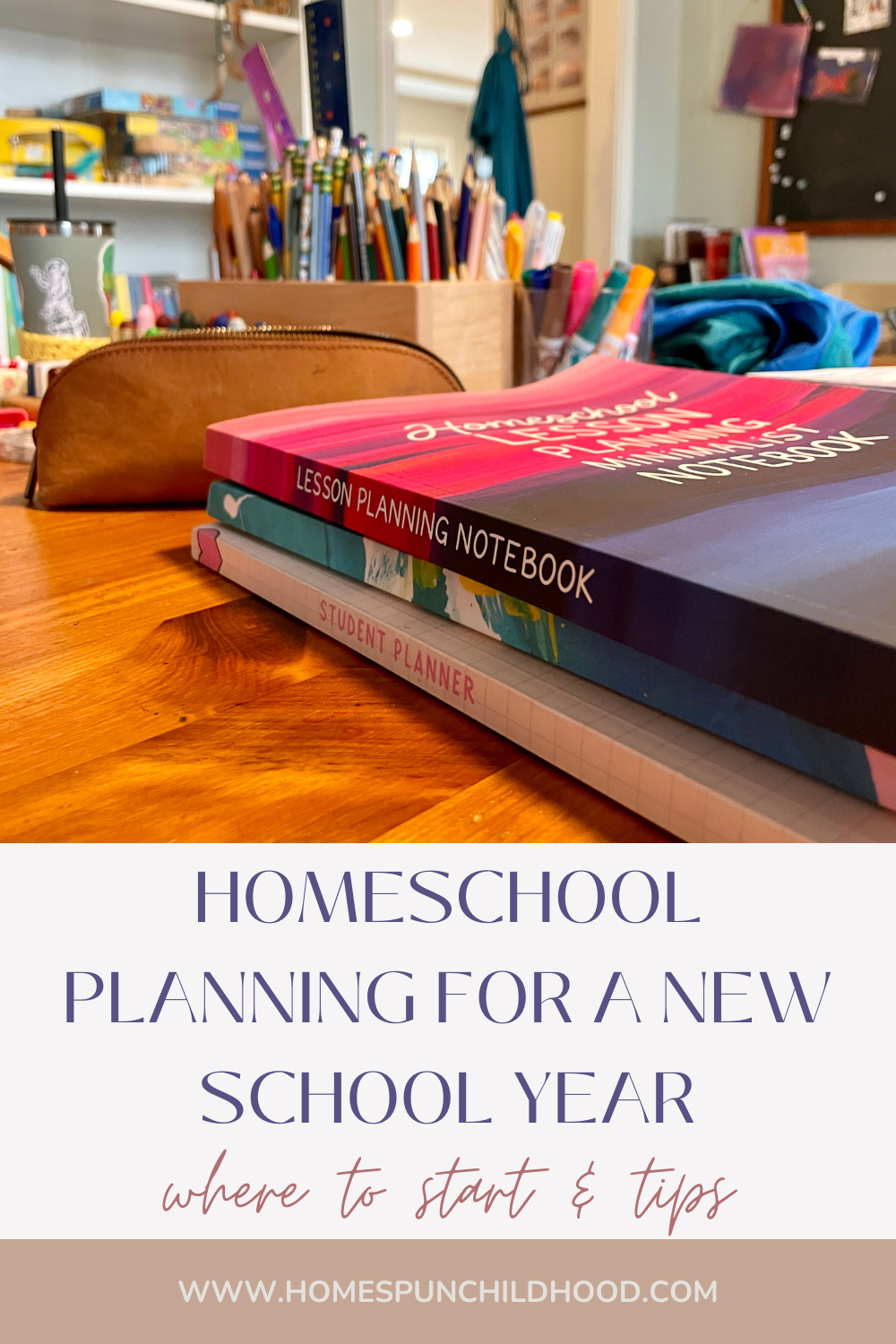
Homeschool Planning: Where to Start and How to Make It Work for Your Family
Homeschool planning doesn’t have to be overwhelming—start with the basics, choose solid resources, and map out a flexible year. The key is balancing structure with adaptability so you can meet your child’s needs while keeping learning meaningful.
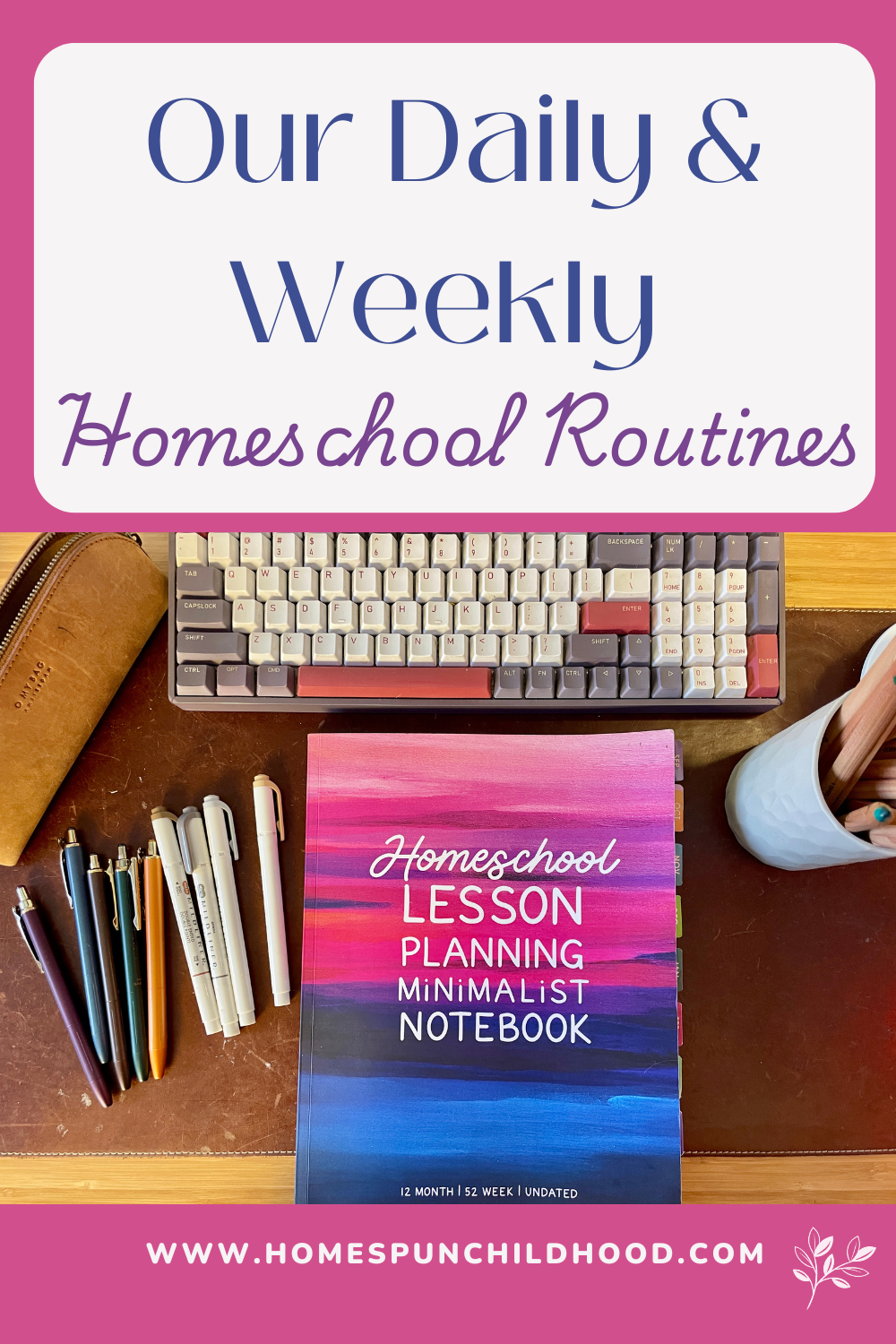
Our Daily & Weekly Homeschool Routines
Our homeschool schedule is a mix of structure and flexibility, ensuring we get core subjects done while making time for activities, play, and rest.
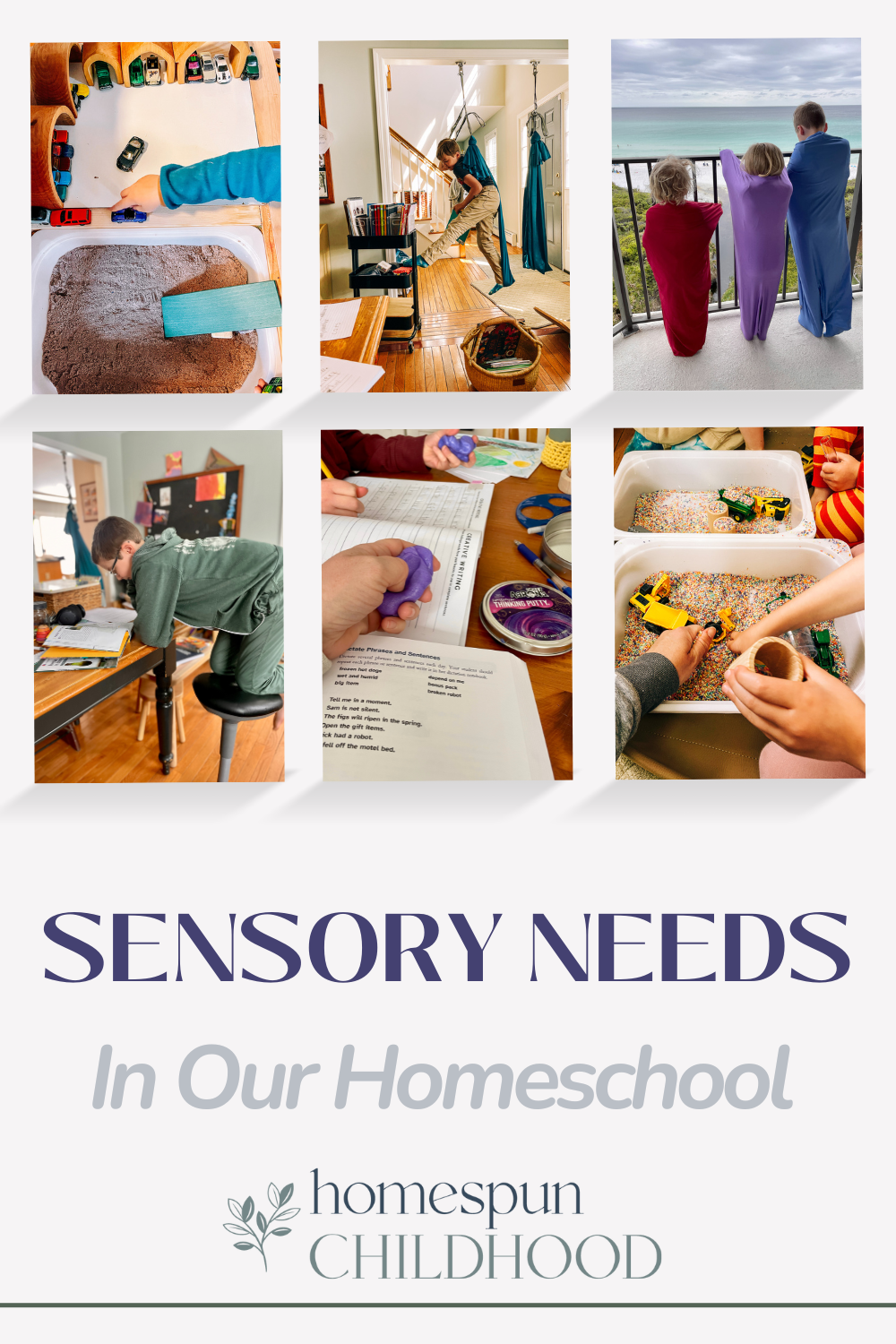
Understanding and Supporting Sensory Needs in Our Homeschool
Supporting sensory needs is a key part of our homeschool environment, with tools and strategies to help our neurodiverse learners thrive. Check out what we use and how it helps!
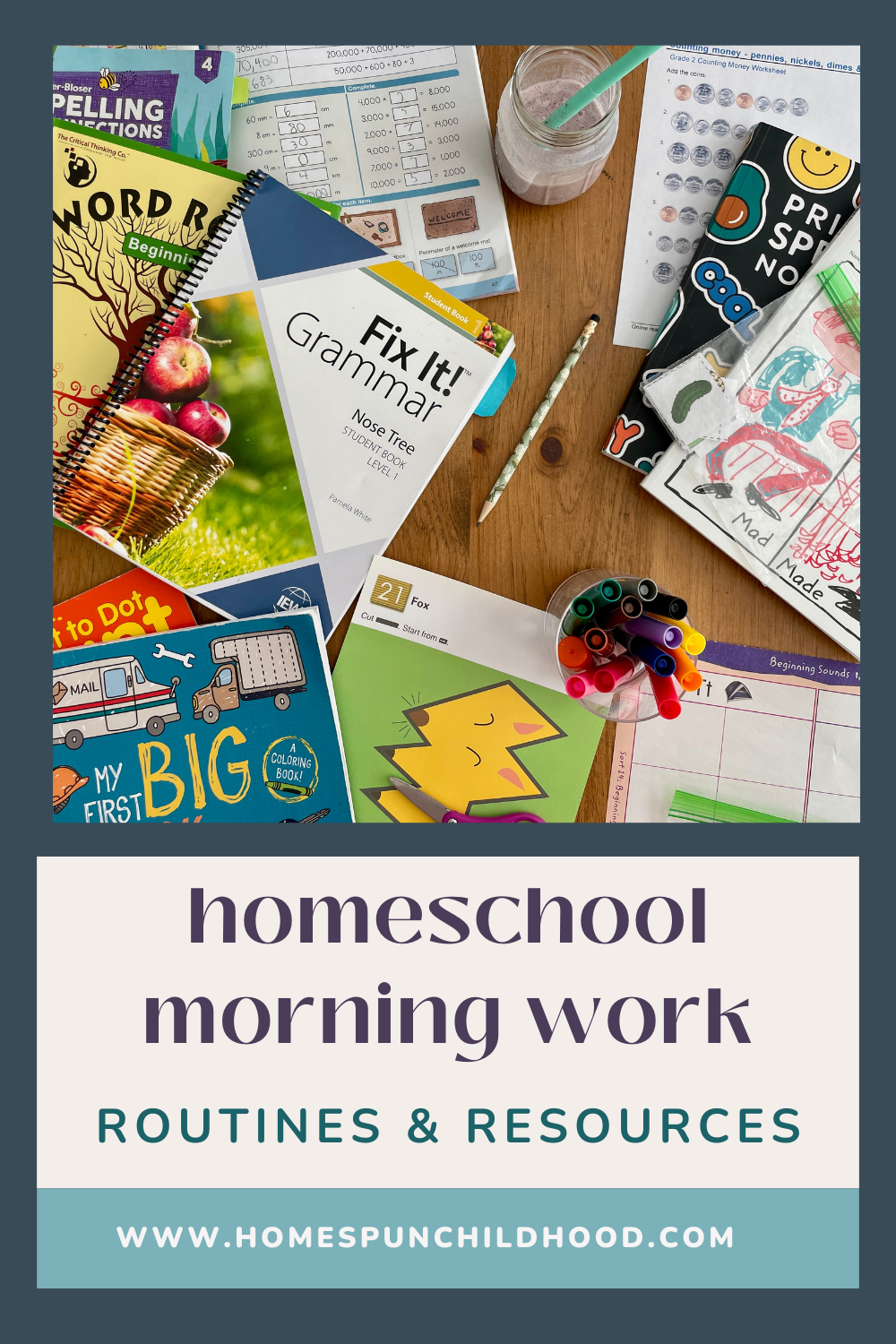
Morning Work
Morning work is a simple but effective way to ease into our homeschool day with independent review activities. It helps build routine, reinforce key skills, and set the tone for a productive morning!
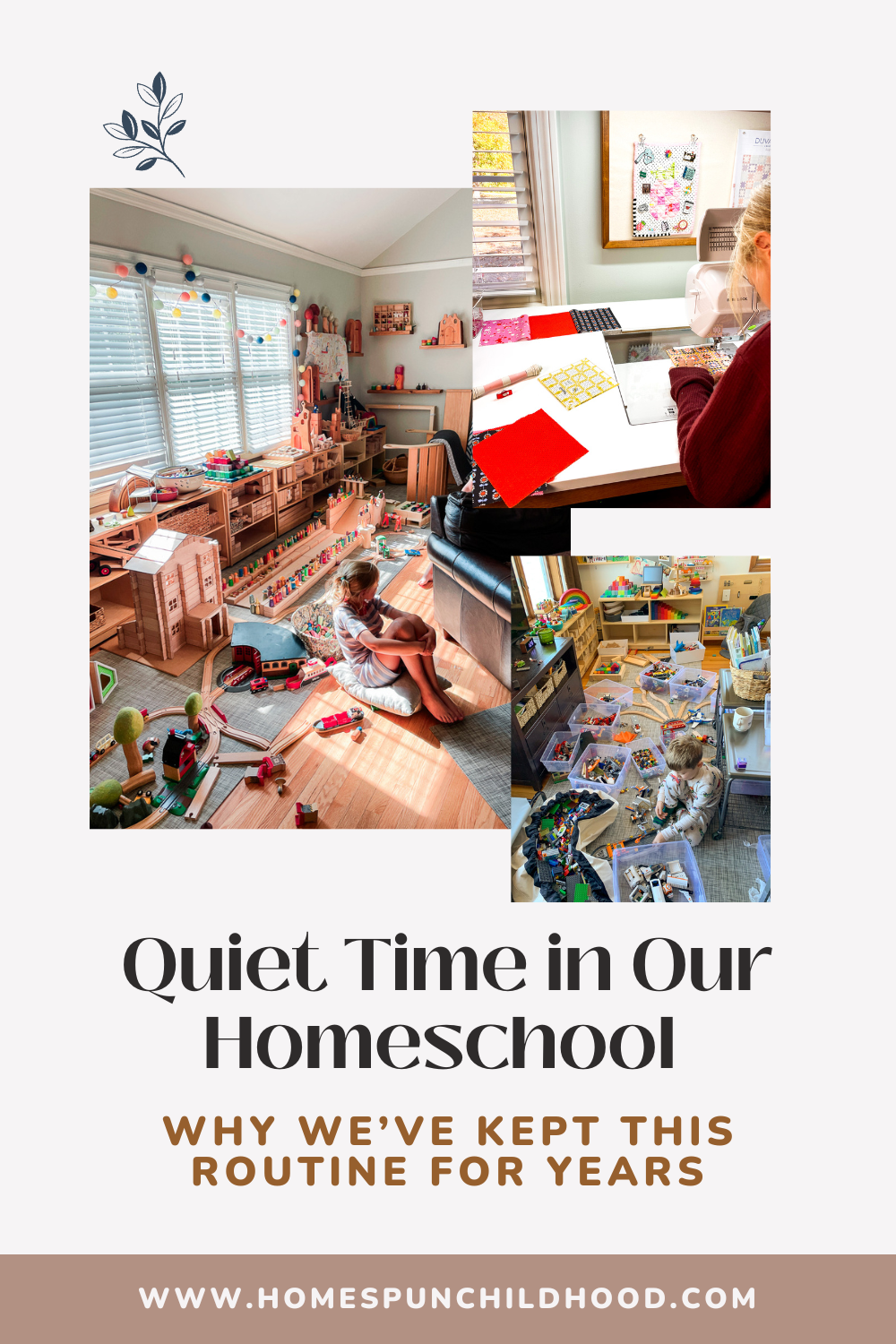
Quiet Time in Our Homeschool: Why We’ve Kept This Routine for Years
Our daily Quiet Time has been a lifesaver, giving everyone a mid-day reset and fostering independent play. Here’s how we established and maintain this essential routine!
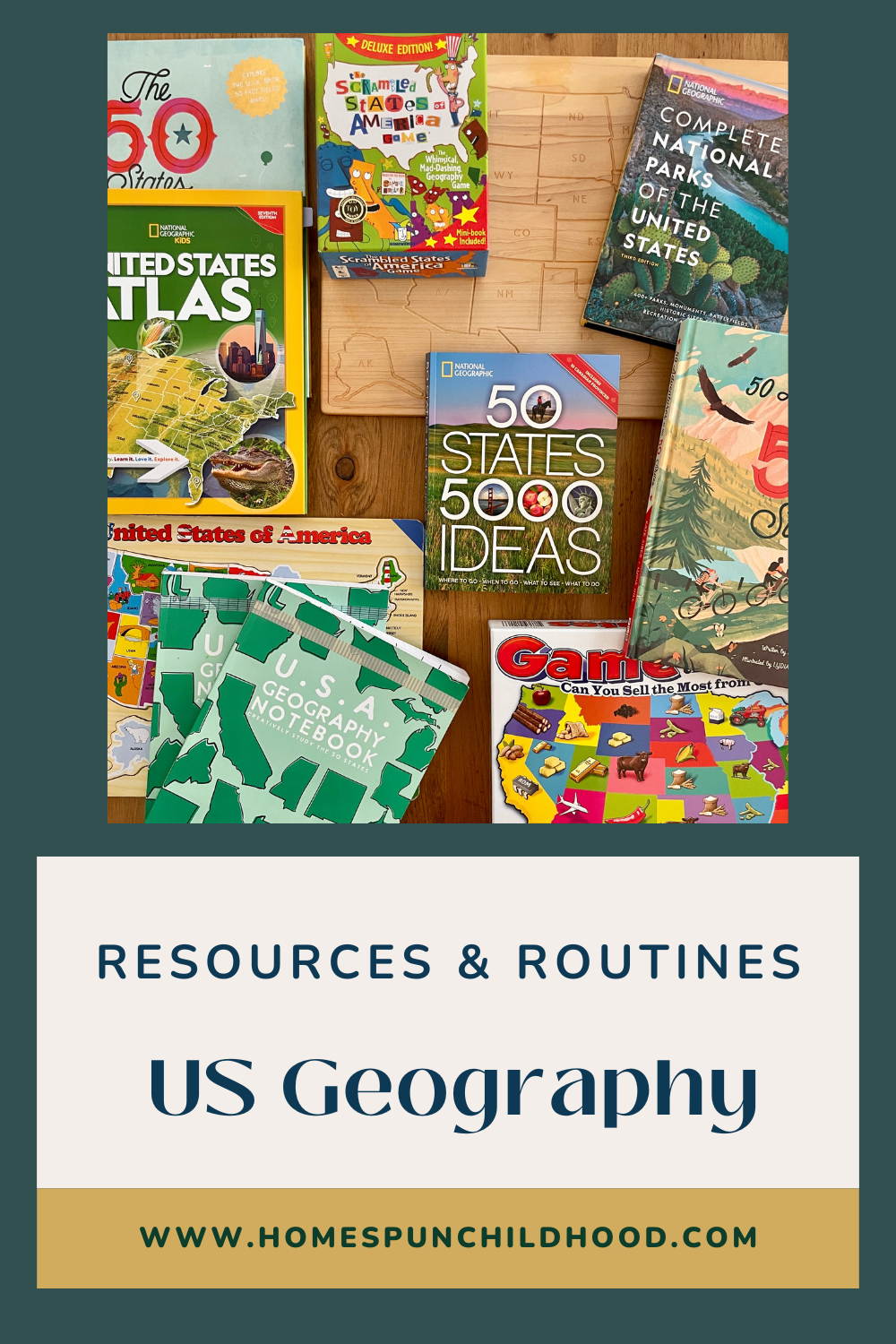
Teaching U.S. Geography in Our Homeschool: One State at a Time
Studying one state per week has made U.S. geography more engaging and memorable. With maps, books, and hands-on activities, we’re bringing each state to life!
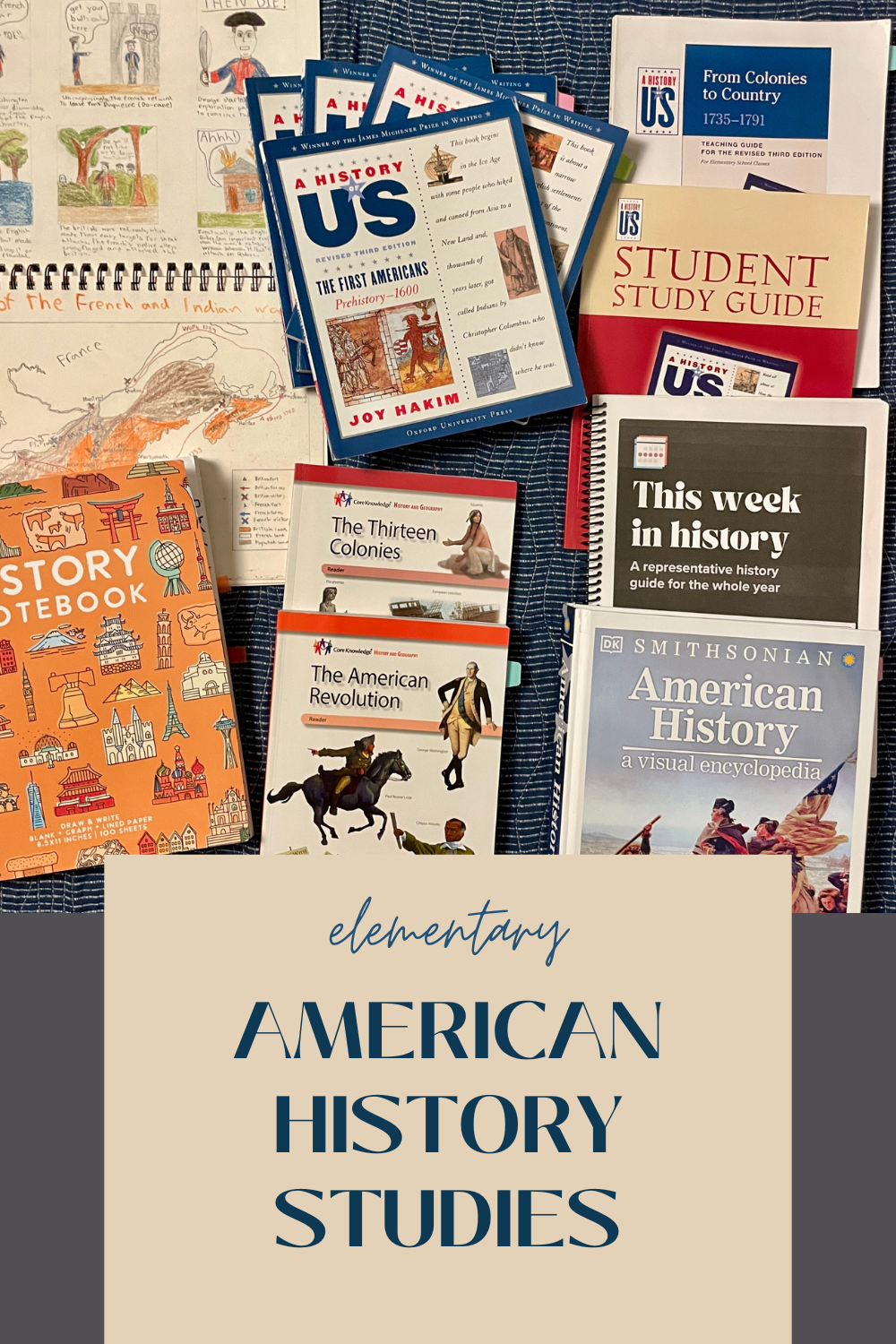
Elementary American History
Homeschooling history doesn’t have to be overwhelming! In this post, I’m sharing how we structure our American History studies using The History of US as our spine, along with supplemental books, notebooking, and videos to keep things engaging and manageable.
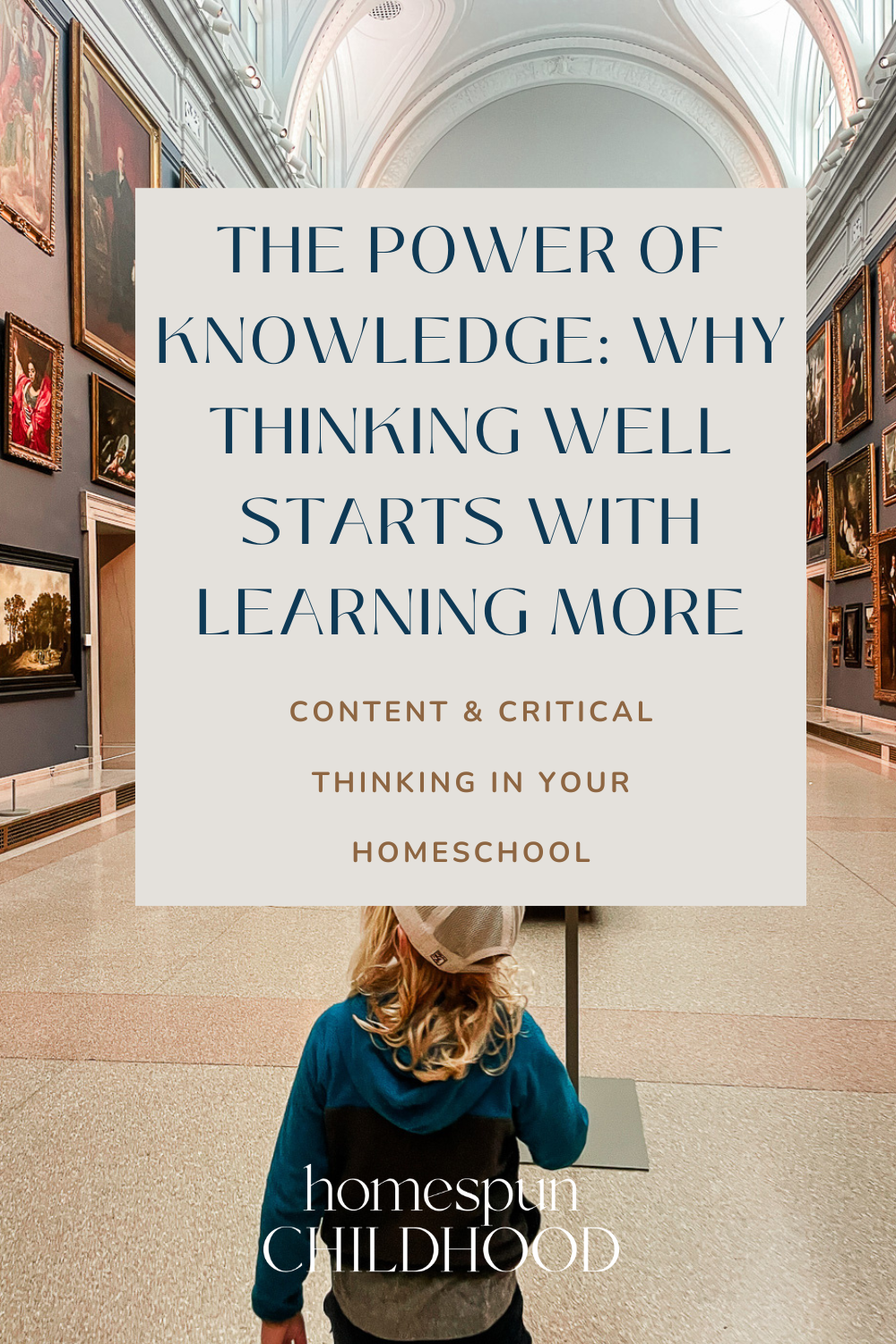
The Power of Knowledge: Why Thinking Well Starts with Learning More
Critical thinking thrives on knowledge, and writing helps transform that knowledge into deeper understanding. Notebooking fosters the critical thinking skills needed for success.
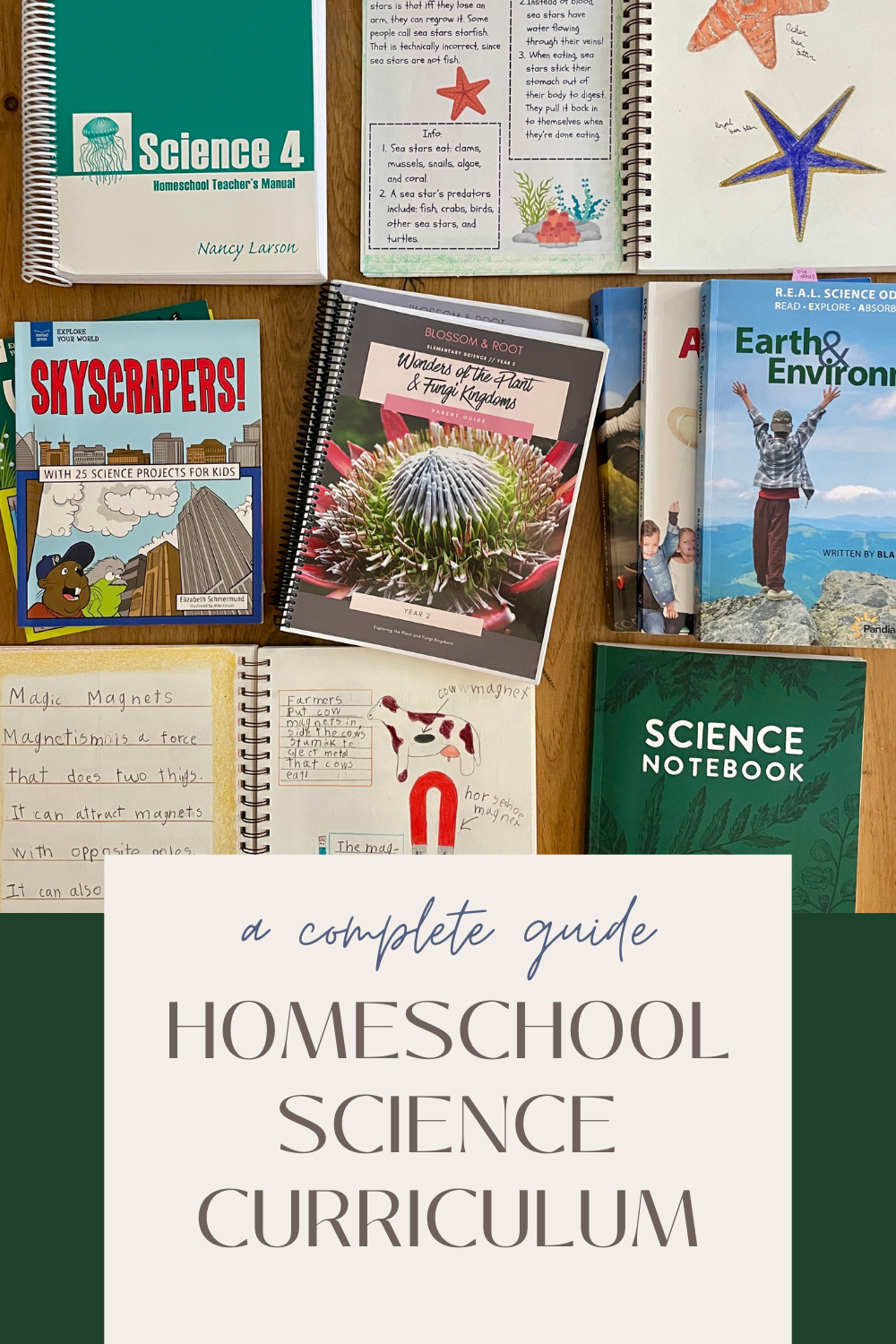
Homeschool Science Curricula
Explore the best homeschool science curricula, from spiral to mastery approaches. Compare programs like Nancy Larson, BFSU, Real Science Odyssey, Blossom & Root, and more!
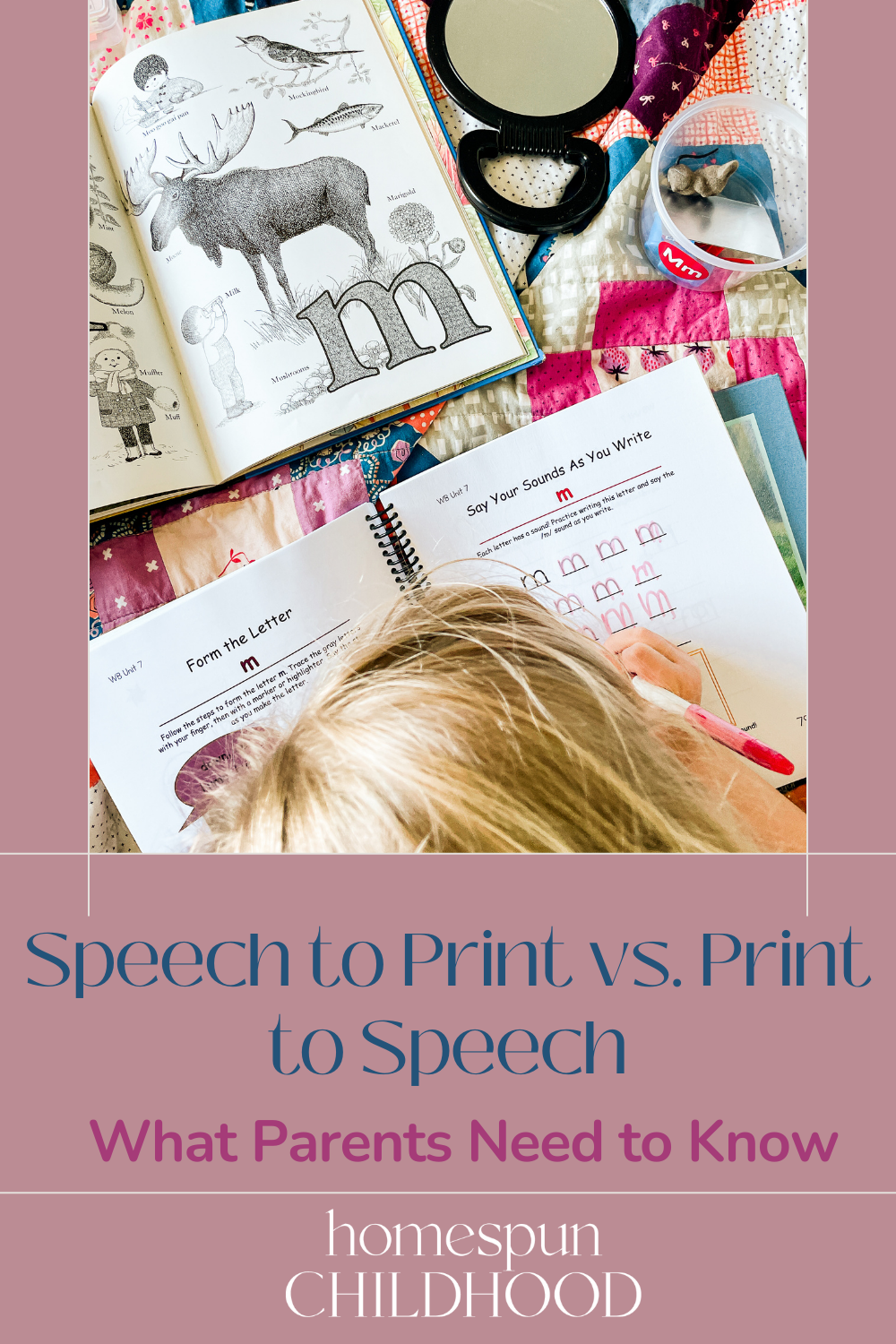
Speech to Print vs. Print to Speech: What Parents Need to Know
Learn why speech-to-print is essential for teaching reading at home. This approach builds strong readers by focusing on sounds first and connecting them to print. Get expert insights and practical tips to use in your homeschool!
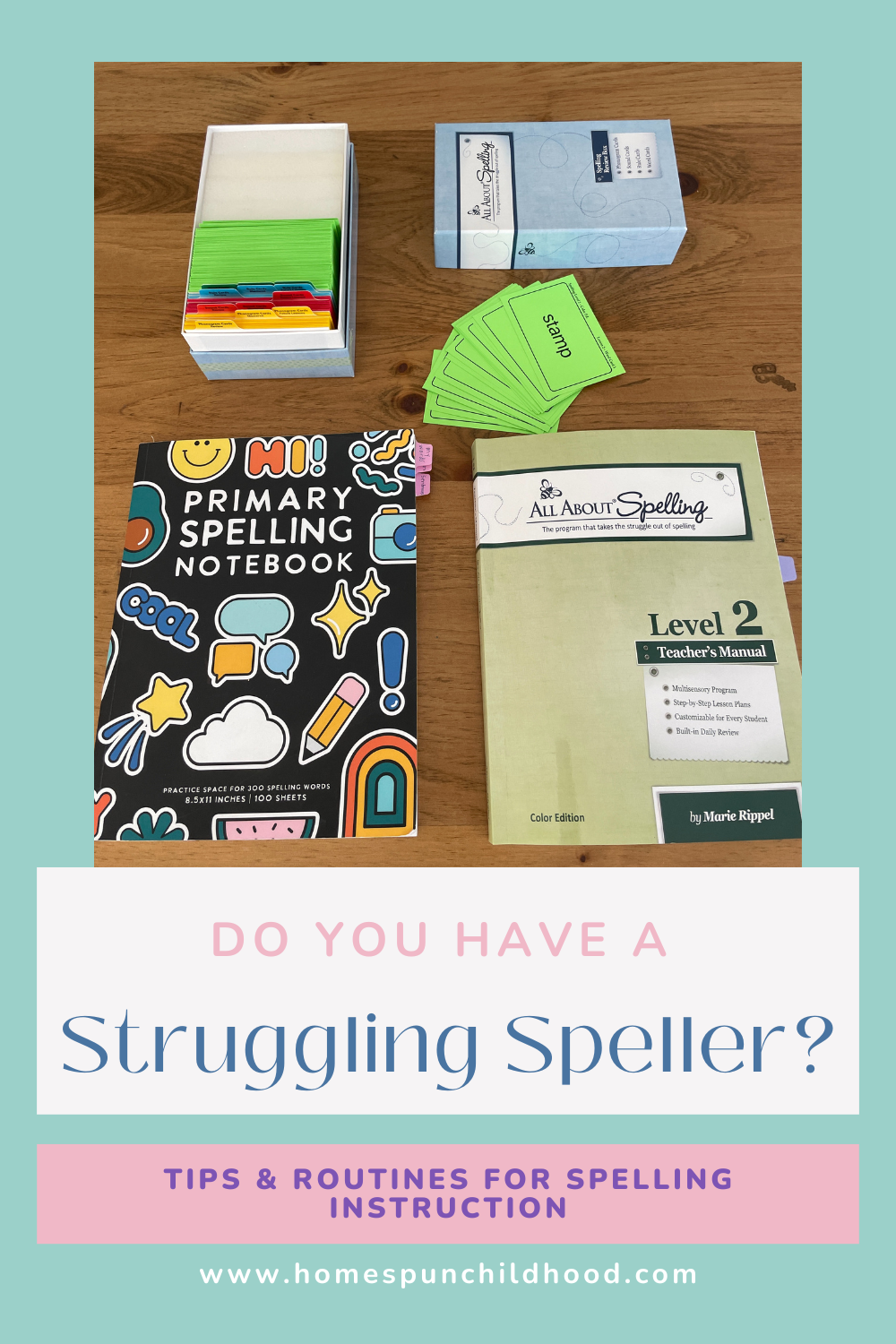
What to Do When Your Child Struggles with Spelling: A Weekly Routine
Struggling with spelling? Discover effective strategies and a step-by-step weekly routine to help your child improve. From phoneme-grapheme mapping to dictation practice, this guide empowers parents with actionable tips for confident, successful spellers.
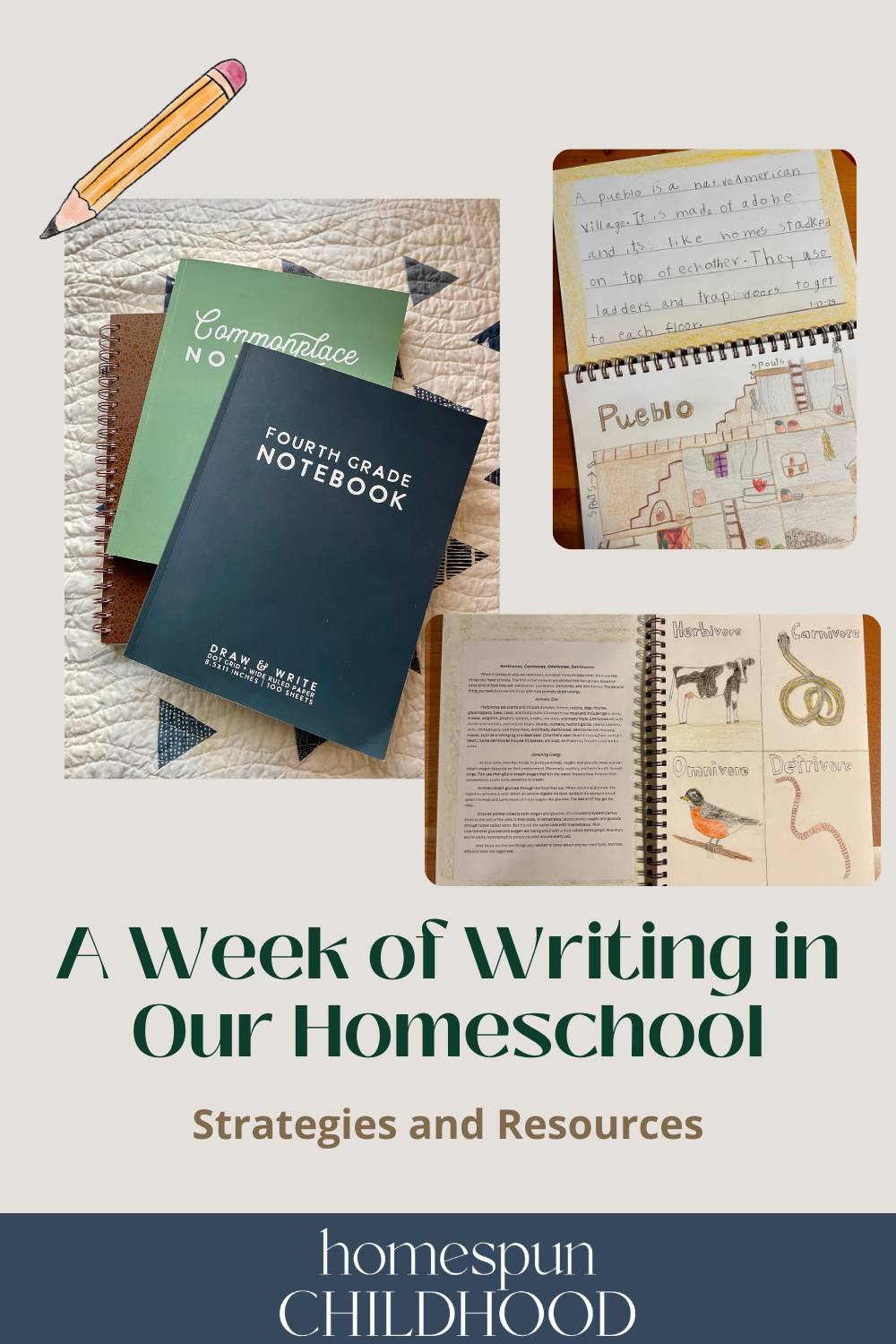
A Week of Writing in Our Homeschool: Strategies and Resources
Homeschool Writing Made Simple
Discover how we structure a week of writing for 4th and 2nd grade! From IEW and Writing & Rhetoric to notebooking and novel studies, our approach blends structure with creativity.

Literature With My 10-Year-Old
Our literature routine is pretty solid at this point. Since my oldest finished his foundational reading program, we have focused on novel studies with a side of vocabulary and word study for the basis of his reading instruction. Each year, I pick a selection of books I would like to work through with him for a literature focus.
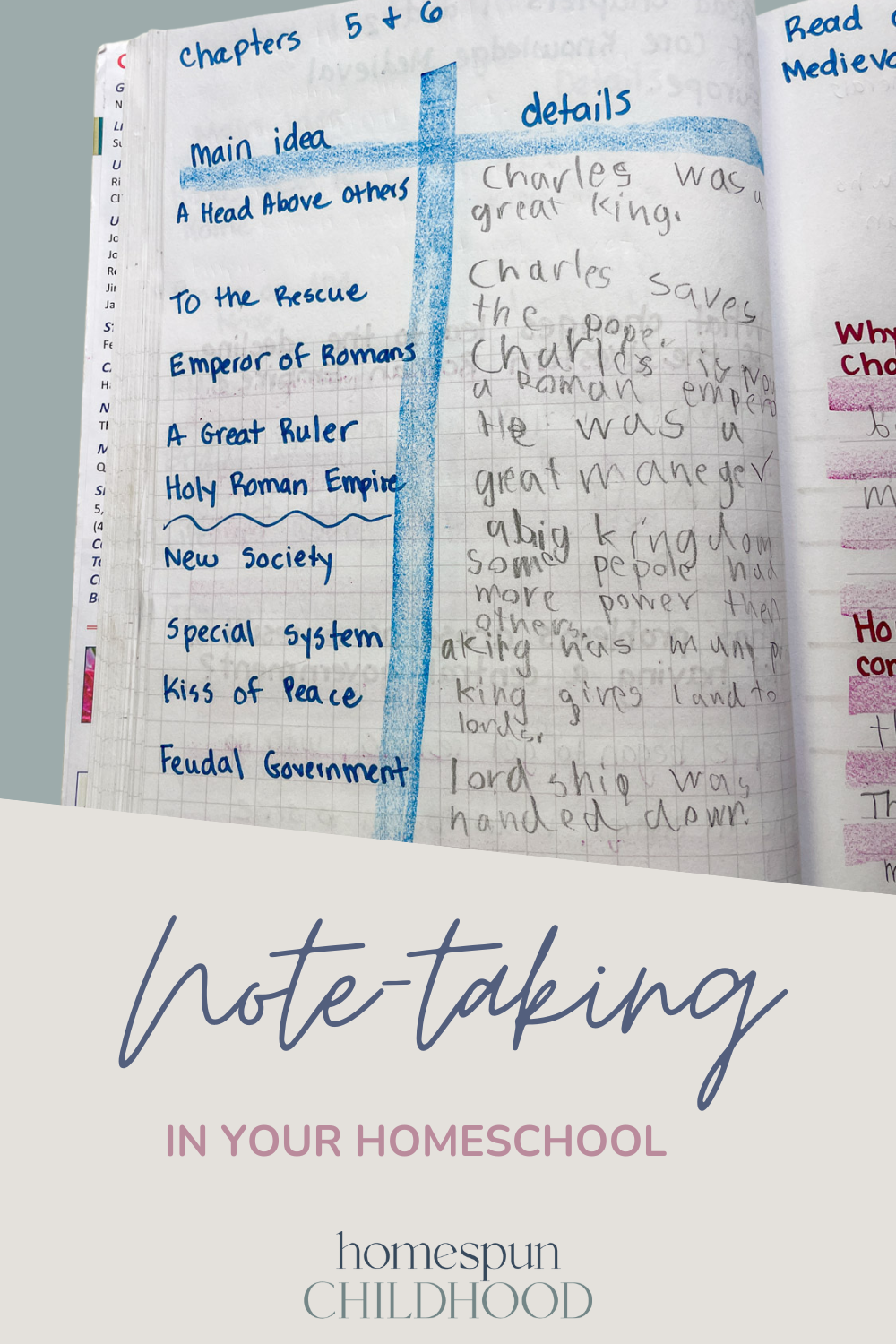
Note-Taking in Your Homeschool
Note-taking is a valuable skill that homeschool families should teach children as part of their homeschool writing program. There are a variety of types of note-taking strategies that we can teach out students to improve learning.
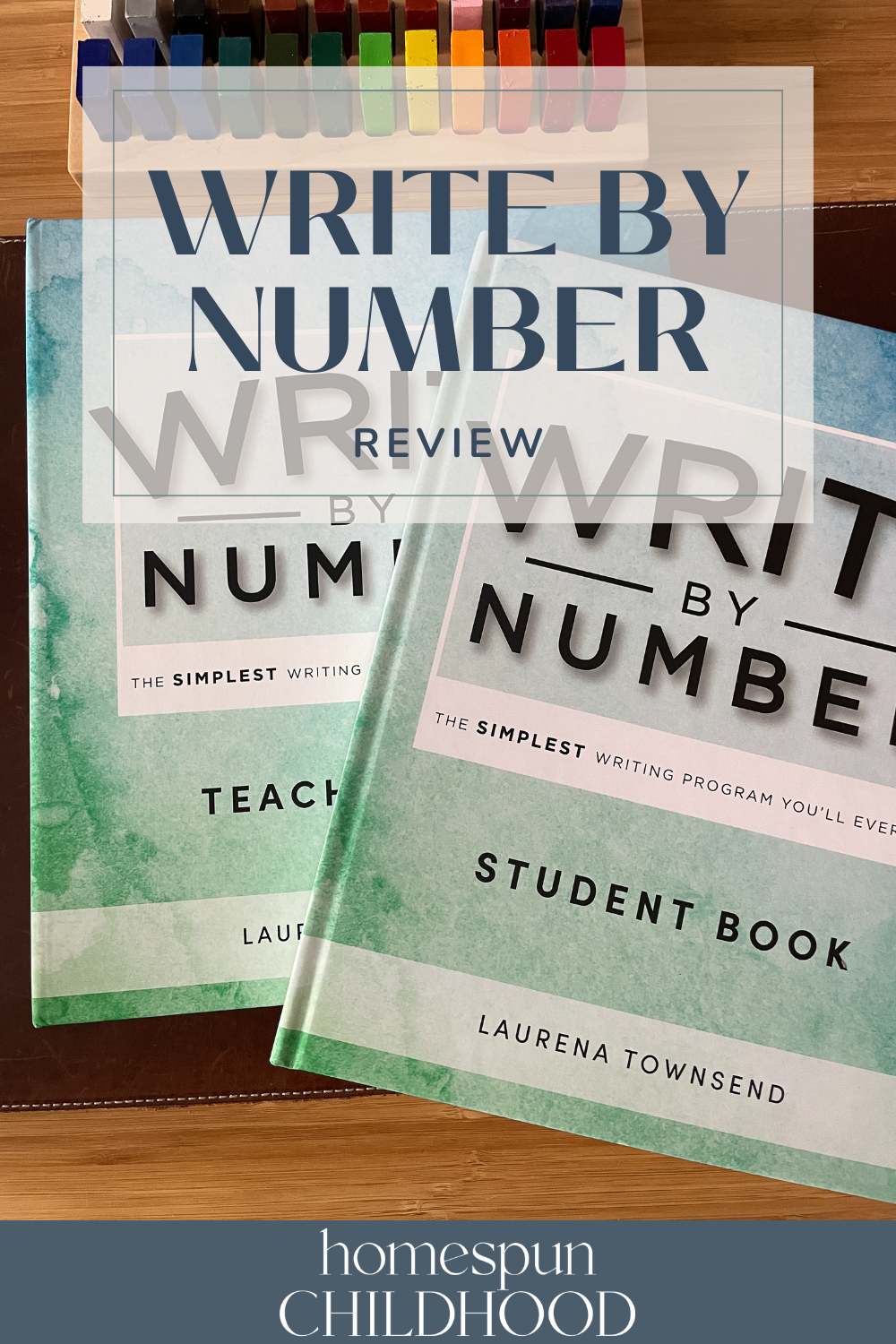
Write by Number: A Review
Write by Number (WBN) offers a step-by-step approach to writing, catering to students' individual progress rather than specific grade levels. It allows students to advance at their own pace, mastering each stage before moving on.

